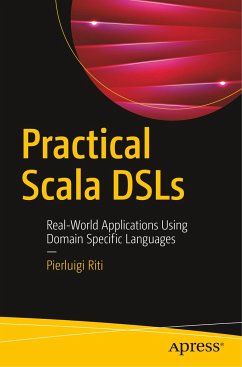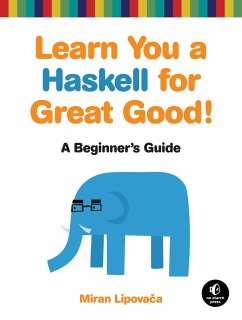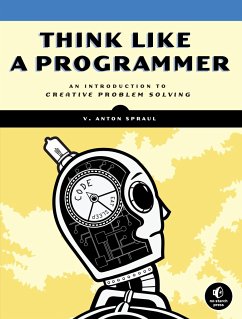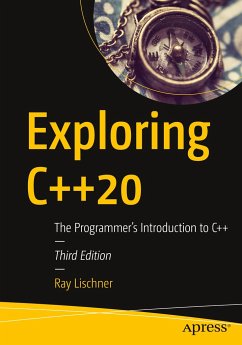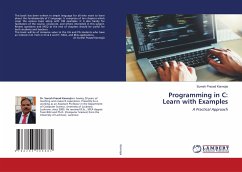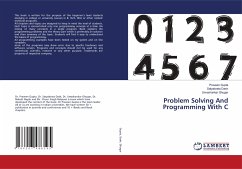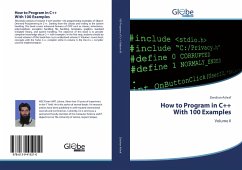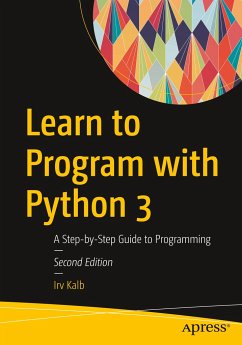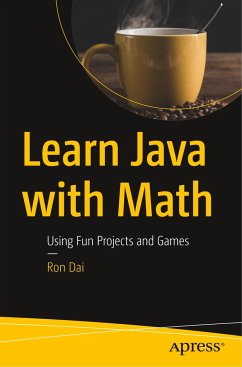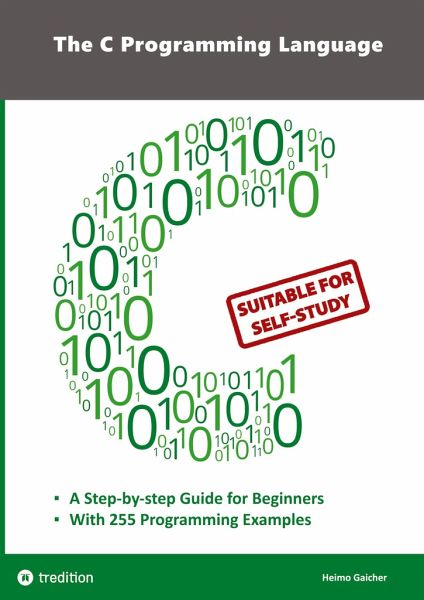
The C Programming Language - C Programming for Beginner's with 255 Practical Programming Examples
This book is aimed at beginner programmers who want to learn the universal programming language C through self-study. 255 documented programming examples in this book make it easy to get started.
Illustration: Gaicher, Patrick
Versandkostenfrei!
Versandfertig in 6-10 Tagen
39,90 €
inkl. MwSt.

PAYBACK Punkte
0 °P sammeln!
This book is intended for programming beginners who want to learn the universal programming language C. More than 250 documented program examples in this book make it easy to get started. C is a powerful and widely used programming language that has had a significant impact on the field of computer programming. Developed by Dennis Ritchie at Bell Labs in the 1970s, C was designed to provide low-level access to computer hardware while maintaining a high degree of flexibility and portability. C is known for its simplicity, efficiency, and ability to manipulate memory directly. It provides a comp...
This book is intended for programming beginners who want to learn the universal programming language C. More than 250 documented program examples in this book make it easy to get started. C is a powerful and widely used programming language that has had a significant impact on the field of computer programming. Developed by Dennis Ritchie at Bell Labs in the 1970s, C was designed to provide low-level access to computer hardware while maintaining a high degree of flexibility and portability. C is known for its simplicity, efficiency, and ability to manipulate memory directly. It provides a comprehensive set of features, including data types, control structures, functions, and libraries that allow programmers to write efficient and concise code. C is particularly well suited for systems programming, embedded systems, and other applications that require direct hardware access. One of C's main strengths is its focus on procedural programming. It emphasizes structured programming techniques such as modular design and code reuse, which makes it easier to organize and maintain large-scale projects. In addition, C's syntax has influenced many other programming languages, making it a valuable learning language for aspiring programmers. Despite its low-level capabilities, C is also a high-level language, providing abstractions that facilitate the development of complex software systems. The standard libraries provide a wide range of functions for tasks such as input/output operations, string manipulation, memory allocation, and more. C has become widely used in the development of operating systems, compilers, embedded systems, and other performance-related applications. Its popularity has led to an extensive ecosystem of tools, libraries, and resources that support C programming and make it accessible to programmers of all experience levels. Although C has a steep learning curve for beginners due to its low-level nature and explicit memory management, mastery of the language provides a solid foundation for understanding computer systems and programming concepts. Because of its continued relevance and widespread use, C remains an indispensable language for programmers who want to delve into the intricacies of software development.





